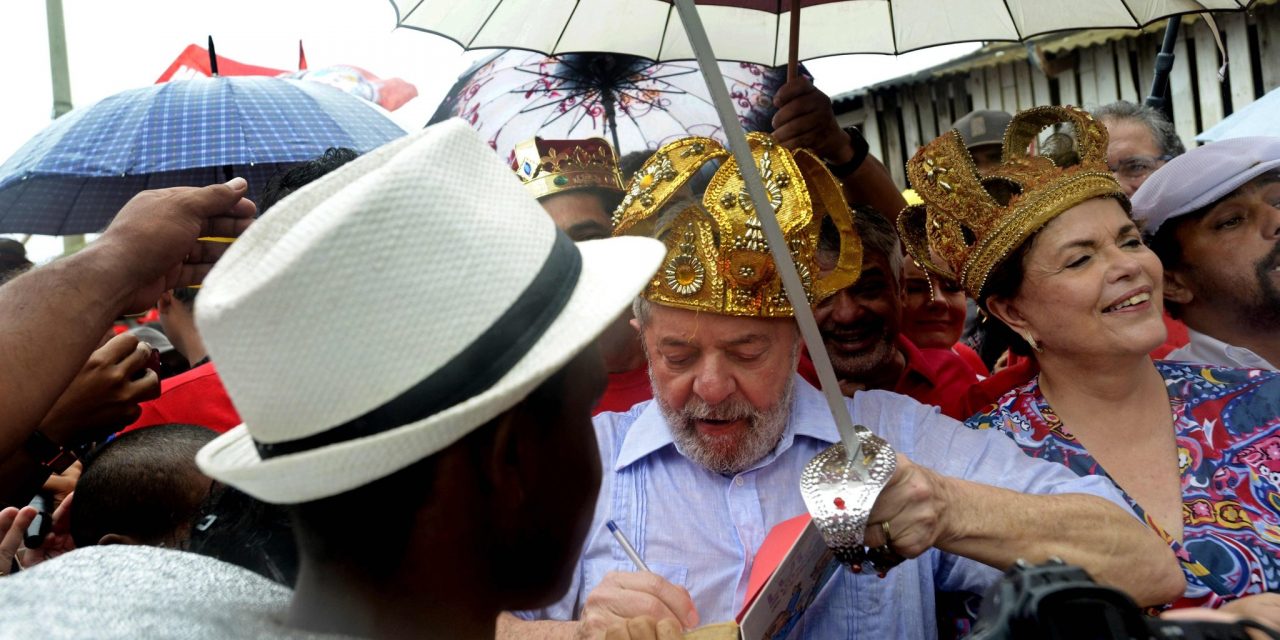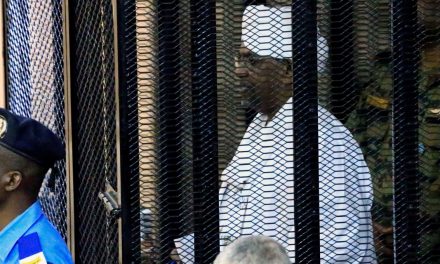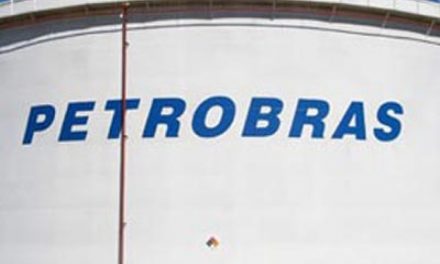7 September 2017
Brazil’s former president Luiz Inacio Lula da Silva has just completed his 25-city campaign trip through his party’s strongholds in the northeast. He wants to return to the precedency perhaps to avoid going to prison. On 12 July 2017, he was convicted of money laundering and passive corruption. He was sentenced to nine years and six months in prison but remains free pending an appeal of the sentence. If convicted, he will not be eligible to run in the 2018 presidential election. While he was in office he was one of the most popular politicians in the history of Brazil. After leaving office he ran for president three times unsuccessfully.
He was succeeded by his former Chief of Staff, Dilma Rousseff. She was impeached last year for violating budgetary rules. She portrayed herself as a clean politician.
The attorney general, Rodrigo Janot , on Tuesday (5 September 2017) , described the governments of Mr. da Silva and Ms. Rousseff as fronts for a criminal enterprise, which enabled senior politicians to collect roughly $450 million from the state-run oil company Petrobras and the Brazilian National Development Bank.
Massive probe (code named ‘operation car wash’} of Petrobras, the national oil company, was started during Dilma Rousseff’s presidency. One thing good that can be said about the Brazilian politicians is that they have not tried to stop or cover up the probe, unlike In Malaysia, where the investigations into 1MDB were scrapped.
The prosecutors got most of the information from the plea-bargain negotiations with the former employees of the national oil company and its contractors and service providers. It is felt that a lot more information will come to light as the investigations continue.
The attorney general described Mr. da Silva as the mastermind of the kickback scheme, initially as president and later because of his strong influence over Ms. Rousseff. He brought her into politics and was her mentor. The attorney general emphasized that many key players in the bribery scheme were supported or appointed by Ms. Rousseff. Mr. da Silva’s corruption scheme was made easy by Dilma Rousseff being the president of the board of directors of the national oil company at that time. Mr. da Silva was on the board of the oil company before her.
They robbed the oil company using an old-fashioned kickback scheme. Top officials colluded with a small group of companies to overcharge the oil company for construction and service work. The officials overseeing the fake competition was rewarded with bribes.
Another former president, Fernando Collor, was formally charged late last month involving the massive Petrobras corruption scandal. Collor was the first President directly elected by the people after the end of the military government. He is alleged to have taken some nine million dollars. He was in office from 1990-1992 and is now a senator. The federal Supreme Court unanimously decided to allow Collor to be tried despite his immunity as a lawmaker.
Authorities also filed charges against Aldemir Bendine, former CEO of Petrobras, He is alleged to have taken $960,000 bribe from construction conglomerate Odebrecht.
Corrupt money was initially used to fund political campaigns and to buy popular support. But as time went by a lot of the stolen money went into the pockets of senior politicians.
Pedro Barusco, a former employee of the national oil company has pledged to return all his ill-gotten gains of one hundred million dollars to the company. Epic proportion of the fraud stunned Brazilians and one million of them took to the streets in protest when Rousseff was the president.
Mr. Janot, the Attorney General, described Dilma Rousseff as the person who integrated the current criminal organization since 2003 when she accepted Mr. da Silva’s invitation to head the Ministry of Mines and Energy. Mr. Janot, was appointed by Ms. Rousseff in 2013 and his term ends this month. President Temer has a choice of appointing an Attorney General who can be compromised.
President Michel Temer was charged with taking a bribe of $152,000 via an intermediary. Rodrigo Rocha Loures, a close aide to the president was filmed taking delivery of a suitcase that the authorities say contained the cash payment. He was then arrested. President denied his involvement in this.
Eduardo Cunha, the former head of Brazil’s lower house of congress, is languishing in prison with a sentencing of more than 15 years for his role in the oil company’s corruption scandal (code named ‘operation car wash’). Cunha was formerly speaker of Brazil’s lower house of Congress, who wielded considerable sway over Brazilian politics. He was one of Temer’s top allies. He staged the ouster of Ms. Rousseff, Temer’s predecessor. Cunha knows a lot about corruption in the political circle. To buy his silence President Temer approved a monthly payment by Batista, owner of JBS, world’s largest meat packing company. Batista made a secret recoding of this. He handed over the recording to the prosecutors for his plea-bargain. Batista claimed that he had paid bribes to the three Brazilian presidents Michel Temer, Dilma Rousseff and Luiz Inácio Lula da Silva, over a period of 14 years.
President has immunity from Supreme Court charges, unless two-thirds of the Chamber of Deputies vote to accept the criminal charges. He has enough support in the Chamber of Deputies to evade any such charges.
It was thought that the politicians were plundering only the state-owned companies. But as investigations continued it came to light that they have been pilfering the private sector companies as well. Two of the big companies, JBS and Odebrecht have been fined $3.2 bn and $2.6 bn respectively for corrupt payments. Batista brothers, who ran JBS, testified that they spent $186 million in bribes for nearly 1,900 politicians in recent years.
Batista brothers made a butchery operated by their father into one of the world’s biggest meat processing and exporting facility. They could not have achieved this without paying bribes all the way. They made use of the wide spread corruption culture to grow their business.
Odebrecht also succeeded by paying about $788 million in bribes to officials in Argentina, Chile, Colombia, Ecuador, Mexico, Peru, the Dominican Republic, Venezuela, Panama and Portugal to secure lucrative contracts. When the court lifted the secrecy on plea bargain testimony from 77 employees of Odebrecht, investigations into 9 sitting ministers, 24 senators, 39 deputies and 3 governors were started. In all, 108 politicians will be implicated in this corruption trial.















